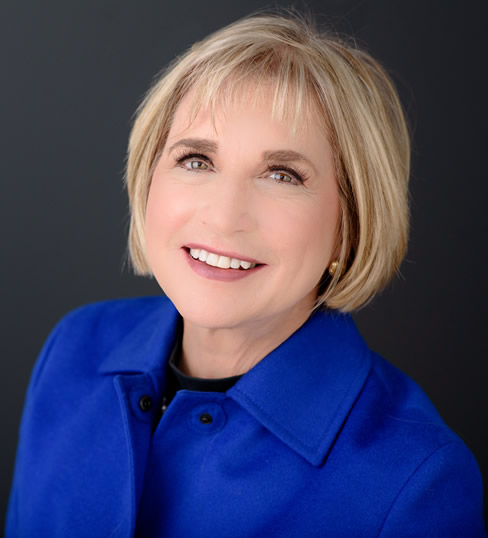While education is and has been a key priority for the reverse mortgage industry for many years, data from Mutual of Omaha illustrates the continued challenge of spreading product and industry awareness.
While reverse mortgage lenders and individual professionals have often said that education is their “number one priority” several years in a row, the new data — presented at NRMLA South by Mutual of Omaha Mortgage’s Director of Enterprise Integration Shelley Giordano — continues to show that awareness about a reverse mortgage and its features remains very low.
To get a better idea of the data and what it means for industry education efforts, Giordano sat down with RMD.
Low awareness persists
Mutual of Omaha — the insurance company and parent entity of Mutual of Omaha Mortgage — conducted a survey of roughly 400 respondents, and found that 74% of them had either never heard of the phrase “reverse mortgage,” knew the phrase but nothing about the product, or categorized themselves as having “a little” knowledge.
While the understanding of the idea that a reverse mortgage could wipe out a monthly mortgage payment was high at 61%, concerns about the “bank owning the home” — one of the most-often cited misconceptions about the product category according to originators — continue to persist in large numbers.

Giordano explained for RMD that the Mutual of Omaha parent company is gathering data around a wide range of financial topics, and for Giordano — who has worked in multiple capacities to expand reverse mortgage education — the understanding of progress did not diminish a sense of disappointment in the data.
“Well, if you’d asked me 20 years ago if we would still be at less than 2% penetration, I would have said, ‘that’s impossible,’” she said. “It’s not surprising, but continues to be baffling that people are still so uninformed about how a reverse mortgage works considering all of the advertising that we’ve done.”
She cited the work the industry has done in educating more financial planners about reverse mortgages, and the industry’s aims to position the product both as a planning tool and as part of a larger, holistic retirement plan.
“We as an industry have really focused on financial advisors, for example, and other professionals like licensed real estate agents and CPAs,” she said. “As well as other people who are in contact with retirees. But still, even they are woefully in the dark about how a reverse mortgage works, and the concept that a reverse mortgage is protective of other assets. It just seems to be lost on the people who could benefit the most from thinking about a reverse mortgage as part of retirement, and part of their assets on which to retire.”
Beware assumptions
There’s an old, colorful saying about assumptions and how they should be avoided. Giordano says that making assumptions about people’s understanding of reverse mortgages specifically and home equity more broadly should not be made in a retirement context, particularly among reverse mortgage professionals.
“You can’t assume when you’re talking to anybody that they actually know the essential facts about what a reverse mortgage is. They just don’t,” she said. “If you’re talking to a financial advisor, the first thing you need to do is [address the misconception that] ‘the bank takes the house.’ Because they do think that. Lawyers think that, real estate agents think that and the average consumer thinks that. Don’t take it for granted that even though we have been at it, trying to bust the myths as we say, they still exist.”
Reverse mortgage originators who are on the “front lines” of the industry are all too aware of the educational hurdles that continue to plague the industry, but it can be challenging to have a full view of the impact that product misconceptions can have on the industry at a national level. Still, the data seems to prove that the anecdotal details shared by originators remain stubbornly accurate, Giordano said. Still, the persistence of those misconceptions does not mean that a reverse mortgage career should be avoided.
“You can have a great career in reverse mortgages if you are out there,” she said. “It’s been proven again and again that connecting with people [makes a difference]. The problem is that it takes belly-to-belly conversations with a financial adviser, or at the kitchen table with the client, to get that light bulb to go off. What we haven’t been able to do is really scale reverse mortgages.”
Look for more from Shelley Giordano on the new awareness data on RMD in the coming days.



